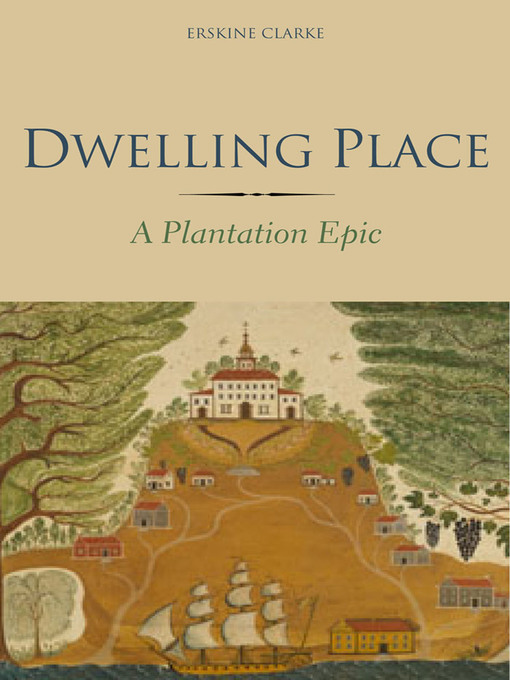Winner of the Bancroft Prize. "[A] beautifully conceived and penetrating book . . . one of the finest studies of American slavery ever written."—The New Republic
Published some thirty years ago, Robert Manson Myers's Children of Pride: The True Story of Georgia and the Civil War won the National Book Award in history and went on to become a classic reference on America's slaveholding South. That book presented the letters of the prominent Presbyterian minister and plantation patriarch Charles Colcock Jones (1804–1863), whose family owned more than one hundred slaves. While extensive, these letters can provide only one part of the story of the Jones family plantations in coastal Georgia. In this remarkable new book, the religious historian Erskine Clarke completes the story, offering a narrative history of four generations of the plantations' inhabitants, white and black.
Encompassing the years 1805 to 1869, Dwelling Place: A Plantation Epic describes the simultaneous but vastly different experiences of slave and slave owner. This "upstairsdownstairs" history reveals in detail how the benevolent impulses of Jones and his family became ideological supports for deep oppression, and how the slave Lizzy Jones and members of her family struggled against that oppression. Through letters, plantation and church records, court documents, slave narratives, archaeological findings, and the memory of the African American community, Clarke brings to light the long-suppressed history of the slaves of the Jones plantations—a history inseparably bound to that of their white owners.
"Clarke's magisterial, multiperspective study of the antebellum South describes two family groups . . . a 'total' history of interconnected people divided by race, legal status, and gender."—Choice
- Available now
- New eBook additions
- New kids additions
- New teen additions
- Most popular
- Try something different
- NYPL WNYC Virtual Book Club
- Spotlight: Toni Morrison
- See all
- Available now
- New audiobook additions
- New kids additions
- New teen additions
- Most popular
- Try something different
- NYPL WNYC Virtual Book Club
- Spotlight: Toni Morrison
- See all


